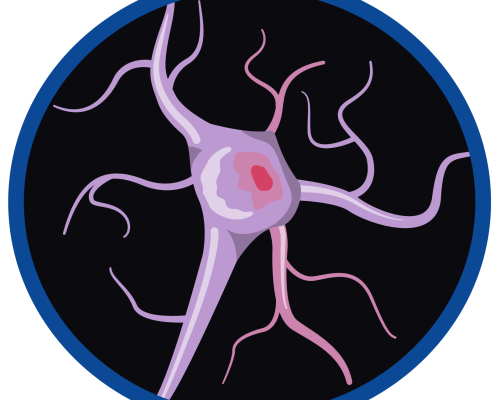Reflections from a Neuropathic Pain Researcher: How Can I Help? (Part 3)

I have been researching neuropathic pain among persons with spinal cord injury (SCI) for approximately 8 years. 8 years ago, I was a third-year Human Kinetics undergraduate student at the University of Guelph. A guest speaker, who identified herself as a paraplegic, attended one of my classes to discuss the psychological and physiological effects of living with a SCI. At the time, I had never heard of a SCI. I grew up in a rural, Ontario town that was not overly hospitable to individuals using mobility aids. The snowbanks were always piled well over my knees… Not very caster friendly. Therefore, it is unsurprising that I did not grow up with many classmates with mobility-related disabilities, like SCI.
Marie*, the guest speaker from my undergraduate course was a skillful speaker. The purpose of Marie’s lecture was not to be ‘inspirational’, nor to induce sorrow. She aimed to educate. One topic that Marie talked about sparked my interest like something I had never experienced: neuropathic pain. Marie discussed how, at times, her neuropathic pain was so debilitating that she was unable to leave her house. Despite being a dedicated marathon runner pre-SCI, and a talented wheelchair athlete post SCI, neuropathic pain prevented her from participating in her preferred activities of daily living. I just didn’t understand how this secondary complication of Marie’s SCI was so difficult to treat, (and cure). I left that class feeling curious, driven, and ultimately unaware of how that 50-minute lecture would change the trajectory of my schooling.
Let’s flash forward 8 years. I have now completed my PhD and my Master’s degree, whereby my research focused on understanding the relationships between exercise, neuropathic pain and well-being among persons with SCI. Over the course of my schooling, I completed many research projects that aimed to inch us closer towards understanding neuropathic pain management options. Within my research studies, I personally investigated neuropathic pain among more than 70 persons with SCI across the world. I learned that exercise may be helpful for reducing neuropathic pain, and improving well-being among persons with SCI. Outside of my research duties, I coach three wheelchair rugby teams across British Columbia. My coaching roles have allowed me the privilege of learning about neuropathic pain from many more individuals with SCI-neuropathic pain. Although I wish I could say that I solved neuropathic pain for persons with SCI, I am comfortable with saying I know more now than when I started my studies. Perhaps even better, participants in my research studies have suggested that they know more about their neuropathic pain than before my studies began.
As a researcher, I am proud to have been taught that the most important research questions begin with:
How can I help?
I may know the latest statistics and “new-to-testing” neuropathic pain treatments, but I lack a key piece of the puzzle. Lived experience of SCI-neuropathic pain. Asking ‘how can I help’ ensures that my research is appropriate, relevant, and useful for persons with SCI-neuropathic
pain. This key question allowed me to learn information from the SCI-community far beyond the scope of my research (and opened the door to a whole network of new research problems).
For example, when discussing an exercise protocol that I was considering using in a research study with members of the local SCI community, I learned that despite neuropathic pain being a commonly experienced consequence of SCI, it can be very difficult for persons with SCI to describe.
“What exactly is neuropathic pain?”
“How can I explain my symptoms to my doctor, when I can barely understand it myself?”
“I’m not sure how to describe my neuropathic pain symptoms. Kind of like the TV buzzing?
“I’m not really sure how to delineate what I feel. I kind of just feel uncomfortable, but all over.”
When I went home that day, I asked myself the question: am I putting the cart before the horse? Do I so badly want to “help” and “cure” neuropathic pain, that I am developing research questions far beyond what is needed right now? Am I trying to find answers for Marie?
So, circling back…. How can I help? Perhaps what is needed, are educational resources for people with SCI, family support providers, and healthcare workers. Or, perhaps that is not what is needed. Let’s get this cart and horse in the proper order. If you are: a person with SCI-neuropathic pain, have a loved one with SCI-neuropathic pain, or are a healthcare practitioner who works with individuals with SCI-neuropathic pain, I would love to hear from you. Comment below what you would like to know about neuropathic pain. Nothing is too big or small. What I am sure of, is that we will solve a lot more issues together than we will independently.
Always learning,
Kendra Todd, PhD.
